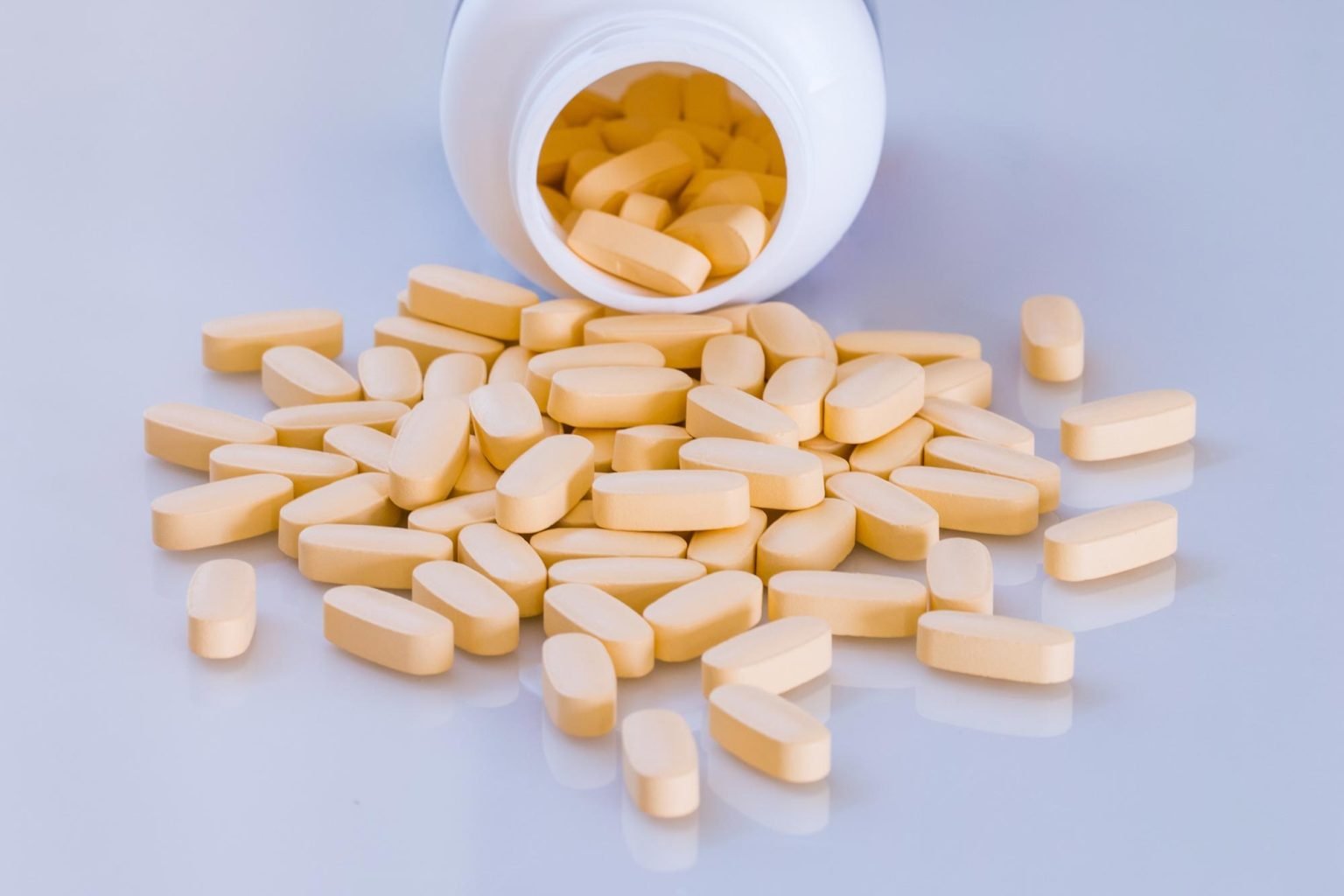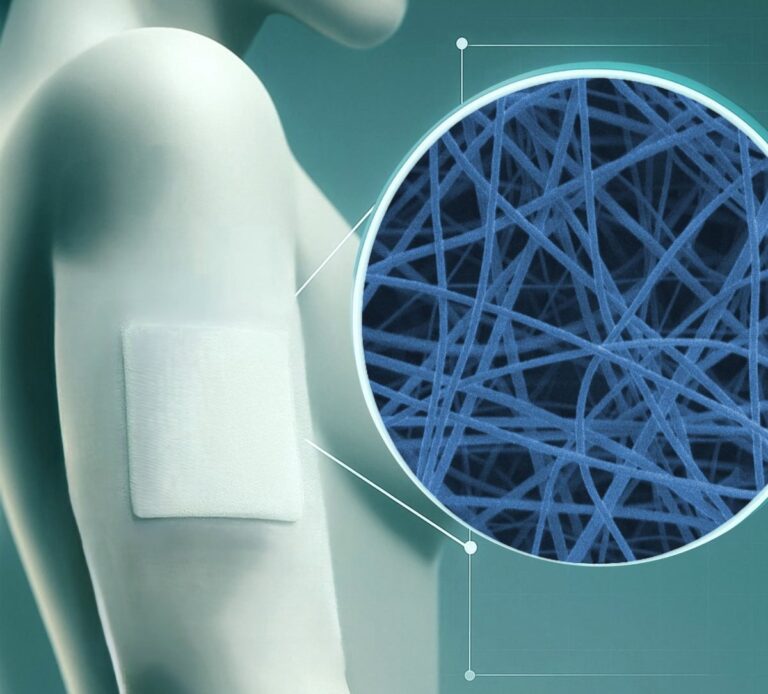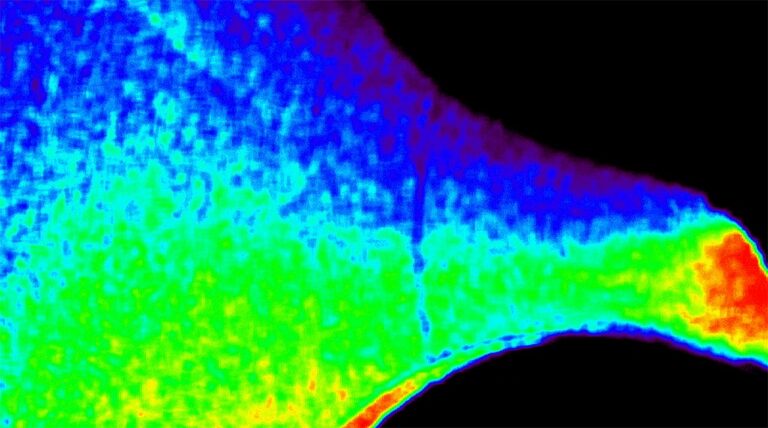In today’s fast-paced world, poor diets and hectic lifestyles are leaving many people vitamin-deficient. According to multiple health studies, a large percentage of adults and even children are not meeting their daily vitamin requirements, which can lead to fatigue, weakened immunity, and long-term health issues.
But what if the solution isn’t another synthetic supplement—but something more natural and accessible? One scientist believes seeds might hold the key to solving our global nutrition problem.
The Vitamin Deficiency Epidemic
Modern diets are often high in calories but low in nutrients. Fast food, processed meals, and sugary snacks dominate many people’s plates, pushing vital vitamins and minerals to the sidelines. Deficiencies in Vitamin D, B12, A, and iron are especially common, affecting energy levels, brain function, and even emotional well-being.
Enter the Seed-Based Solution
Dr. Kavita Sharma, a nutritional scientist and researcher in plant-based bioavailability, has spent years studying the nutritional potential of seeds. From flaxseeds and chia to pumpkin and sunflower seeds, her research reveals that these tiny powerhouses are rich in essential vitamins, healthy fats, fiber, and antioxidants.
“Seeds are nature’s multivitamin,” says Dr. Sharma. “They’re compact, easy to incorporate into any diet, and packed with the nutrients most people are lacking.”
Why Seeds Are So Powerful
Vitamin-Rich: Many seeds are naturally high in Vitamin E, B-complex vitamins, magnesium, and zinc.
Plant-Based Omega-3s: Flax and chia seeds offer a rich source of ALA omega-3 fatty acids, essential for heart and brain health.
Easily Digestible: Ground or soaked seeds are easily absorbed by the body, making them more bioavailable than some synthetic supplements.
Sustainable and Affordable: Seeds require fewer resources to grow and are more eco-friendly than animal-based sources.
How to Incorporate Seeds Into Your Diet
Dr. Sharma suggests simple ways to add seeds into your everyday meals:
Add chia or flax seeds to your morning smoothie or oatmeal.
Sprinkle sunflower or pumpkin seeds on salads or soups.
Use ground seeds in baking or energy bites.
Mix seeds into yogurt or nut butter for added crunch and nutrition.
The Future of Nutrition: Seed-Based Supplements
Dr. Sharma is currently working on a new line of seed-based supplements and snacks designed to make essential nutrients more accessible, especially for busy individuals or those with dietary restrictions.
Her mission? To eliminate preventable deficiencies through real, whole-food solutions—not just pills.
Final Thoughts
As awareness of natural nutrition grows, seeds are gaining recognition as a simple, natural, and powerful way to fight vitamin deficiencies. By turning to nature’s tiny nutritional powerhouses, we might just be able to solve one of the biggest health challenges of our time.

















+ There are no comments
Add yours